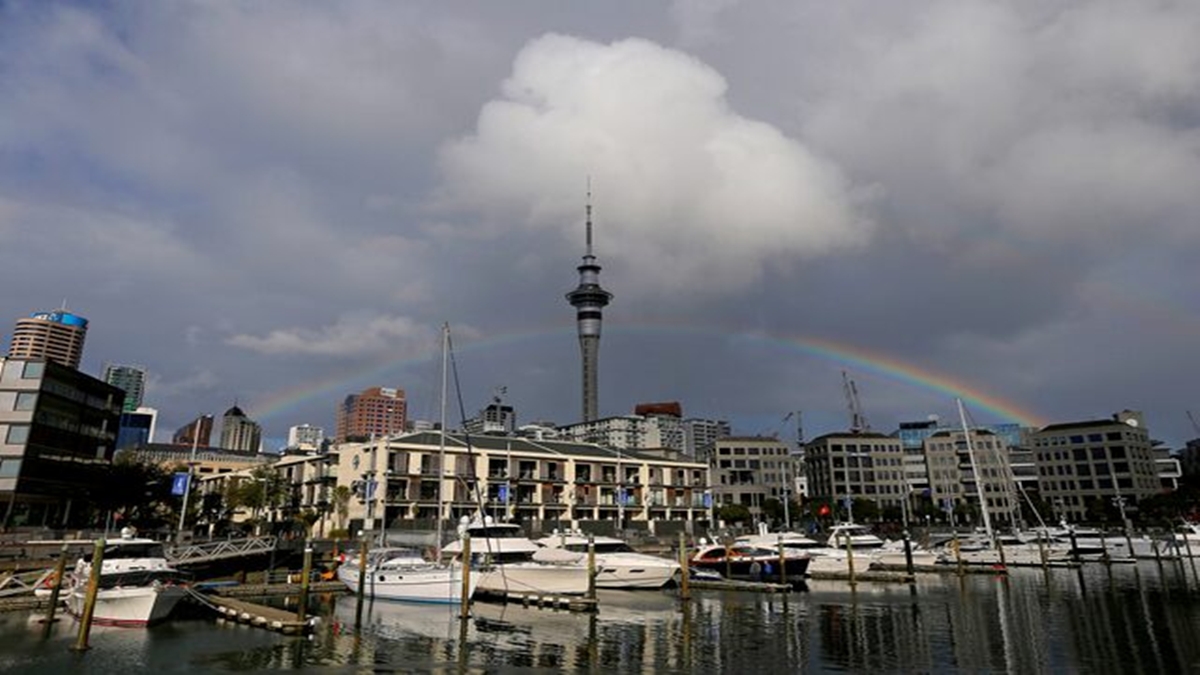New Zealand plans to increase working hours for international students in November, extending in-study work rights to eligible student visa holders and all tertiary students in approved exchange or Study Abroad programmes.
New Zealand has announced that working hours will be increased soon for international students. In November 2025, in-study work rights for international students in New Zealand will increase from 20 to 25 hours per week for eligible student visa holders and in-study work rights will be extended to all tertiary students in approved exchange or Study Abroad programmes, including programmes one-semester long.
This is part of the New Zealand Government’s announcement of the International Education Going for Growth Plan. The Plan outlines an objective to double the international education sector’s economic contribution by 2034. This target has been set at $7.2 billion.
New Zealand Student Visa Working Hours
Currently, with a student visa, you may be allowed to work part-time for up to 20 hours a week, and full-time during mid-year study breaks and the Christmas and New Year holiday period.
To find out if you can work on your student visa, you will need to check the conditions of your visa. These are recorded on your eVisa, the visa label in your passport, or in the visa letter to you.If your current student visa does not allow you to do paid work during your stay, you can apply to change the conditions of your visa.
Who can work on a student visa
You may be able to work part-time or full-time if you are:
a tertiary student
a PhD or Masters student
some English language students
secondary school students in Years 12 and 13 who have school and parent permission
completing practical experience for your study.
Part-time work as a tertiary student
You can work part-time up to 20 hours a week if you are studying full-time:
for at least 2 academic years , or
for a New Zealand qualification at Level 4 or higher on the New Zealand Qualifications and Credentials Framework (NZQCF), or
to develop English language skills, on a course that meets certain conditions
for at least 1 academic year on a course that is part of an approved tertiary student exchange scheme
on a foundation programme for at least 1 academic year at Level 4 or higher, that you started on or before 28 February 2014 at an education provider in Canterbury.
There is no limit on the hours you can work if you are enrolled in a doctoral degree (PhD) or Research Masters programme at a New Zealand tertiary institution.
New Zealand International Student Enrolments
International student enrolments in New Zealand continue an upward surge, and are up 21 percent on 2023. Enrolments are steadily rising to pre-pandemic levels, with 2024 enrolments of 83,425 now at 72 percent of 2019 total of 115,705.
In 2024, the strongest year-on-year growth was seen at government-funded PTEs (+59%) along with primary (+53%) and intermediate (+32%) schools. Universities saw 33,485 total enrolments, schools had 18,350 enrolments.
More international students are now enrolled for master’s study programmes in New Zealand, says ENZ CE Amanda Malu.
Between 2023 and 2024, there has been a 68% increase in master’s enrolments, with 14,695 international students in 2024, up from 8,740 in 2023. This is an 85% increase compared to 2019 when there were 7,945 enrolments for master’s study.
China and India remain the top two source markets for international student enrolments with 34% and 14% enrolments respectively, followed by Japan (9%), South Korea (4%), Thailand (3%), United States of America (3%), Germany (3%), the Philippines (3%) and Sri Lanka (3%).

